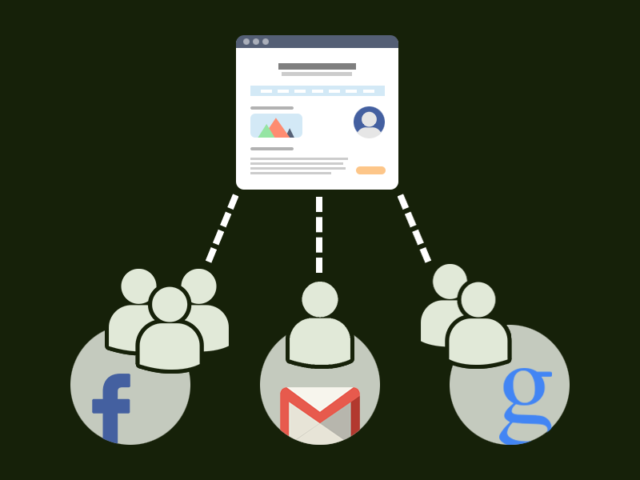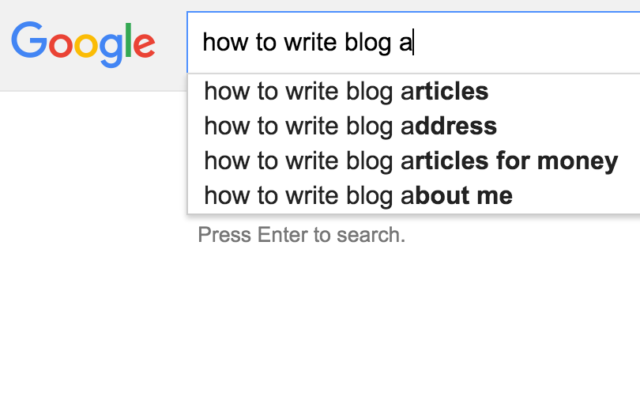Updated: Jul 20, 2020
Author: Tony Waldegrave
This article describes how to write blog articles for the purpose of generating traffic from search engines, social media networks and edm’s. It outlines the process of writing and publishing articles in such a way that they will be likely discovered in search by prospective customers.
Articles that contain content that reflect what target audiences are looking for, will often rank highly in search engines and generate good volumes of traffic. Executed correctly, article writing is a highly effective form of content marketing and a very effective SEO tactic and means to generate organic traffic to your website.

Many businesses have expertise and knowledge that is highly sought after by target audiences. Writing articles is a great way to leverage the value of your business expertise and to authenticate your expertise and domain knowledge and is an effective means to acquiring more customers.
Businesses that regularly publish content online will amass more traffic and larger followings than those that don’t make the effort. In short, your content creation plan is a key strategic imperative for the success of your online marketing.
The main obstacle to blog article writing is identifying a readily available stream of topics to write about. It’s best to keep a list of ideas that can be added to for when you are ready to write.
The intent is to write about related subjects that would likely to be discovered by target audiences when they are searching in Google. It is essentially a process of reverse engineering content to what is being searched.
The best ideas can be picked up from customers by tuning into the common questions and queries that they have. Customer service and sales teams are often attune to common questions that customers have and can be a good source of ideas for articles.
Ideas can be validated by typing them into the Google search bar, and seeing if Google suggest prompts something very similar. This would then indicate that this is a relatively common question or query and potentially a good topic to write about. You should also review the "Searches related to..." results at the bottom of a search page as these provide good insight to related queries. These can also be used for sub heading content within your article.
Its best to write each article about a specific piece of subject matter rather than trying to write an article that covers a broad and expansive range of varying subjects. This approach then allows for more articles to be written, each with it’s own unique subject matter.
Selecting your article title is key and it should closely reflect the article idea that you have researched and the language used by the audience.

We would normally recommend a minimum of 400 words and up to 800 words and more if viable. As a general rule the richer and more comprehensive the copy the better. Its critical that the copy is unique and not copied.
Where appropriate, including some highly detailed and longer and more comprehensive articles can be a very successful addition to the blog collection.
The blog should preferably be an integrated part of your website and called a blog. The structure should look something like:
www website.com/blog/article-title
The article title should be used as the main headline and utilise a H1 tag.
It should also be used to form the page title tag along with your brand appended at the end.
Page title tag convention example:
Article Title – Your Brand
The url structure should also align closely to the title name and where appropriate be shortened to exclude any conjunction words. Only hyphens should be used as word separators in the url addressing.
Ideally, copy should be written in a conversational style and formatted into easily digested paragraphs. Utilising sub headings are often a great way to make copy more readable and engaging. Use H2-heading tags for sub headlines.
Include a relevant image within the article and use an image file name and alt text that describes the content of the image using keywords.
It’s a good idea to include 1-3 links within the copy that point to referring or associated copy. The rule is that links should be useful and of value to anyone reading the article. These links can point to internal and or external content.
This is purely your decision. If you are going to solicit comments, you then need to be prepared to respond in a timely manner.
In general the more often you publish quality articles, the faster you will acquire traffic and followers and achieve results. The focus should be on quality and not quantity.
In practice, we would recommend a minimum of 1-2 articles per month.
Articles take time (4-6 months) to rank highly in search results. Provided the quality of the content is good, they will however continue to rank for some time. High performing articles should be reviewed and revised and updated where appropriate every 12-18 mths.
Your article should be date stamped with the published date and show an updated date when the article is updated or edited.
Each article should have an author tag and link to the authors profile. The author profile should set out the authors expertise and credentials, especially in relation to the blog.
Once an article is published in the blog, it’s a good idea to post about the article in your social media networks (Facebook, LinkedIn, Twitter etc).
Your post should include a summary of the article content and invite followers to read the full article. A link to the article page should be included in the post.
Posting will generate traffic to the article and will also help to create a linking profile for the article.
Article’s can also serve to be a key part of your content marketing strategy and are ideal to feature in your newsletters and email marketing campaigns.
Read our article on content marketing.
Our reputation goes hand-in-hand with our team’s dedication to best practice. As a registered Premier Google Partner, our team refreshes our certifications every 12 months — A tradition we started over a decade ago. To stay ahead, we are always looking forward to upcoming certifications for online advertising, website development and search engine optimisation.
Blog • Terms • Privacy • 110 Mount Eden Rd, Mount Eden, Auckland 1024 • Mon–Fri 8:30am–5pm
© 2007-2020 Adhesion